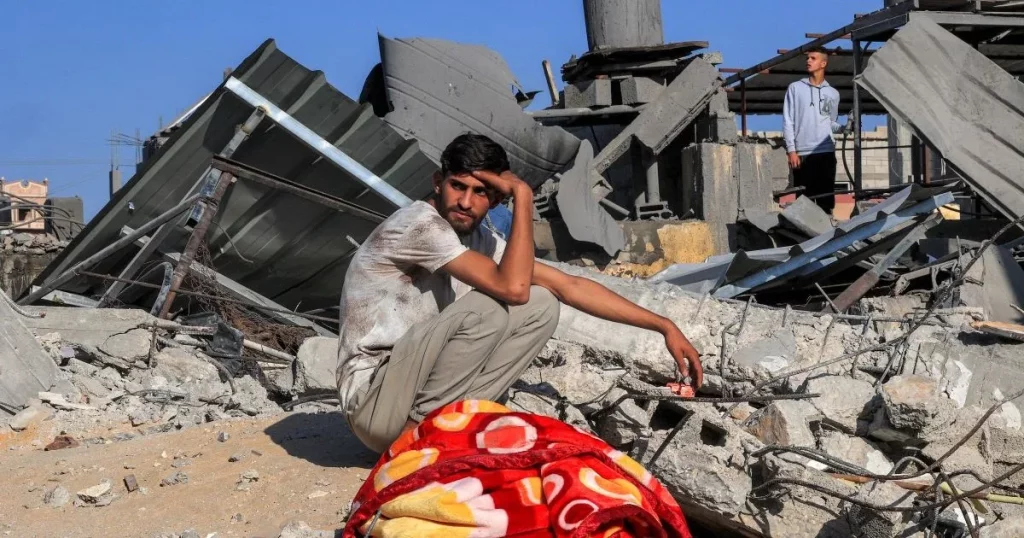Pakistan and Egypt urge continued flow of aid into Gaza

Pakistan and Egypt have issued a joined condemnation of Israel’s relentless pogrom in Gaza, urging the international community to ensure uninterrupted aid to the besieged enclave. In light of its standoff with India, Islamabad seems to be drawing a parallel between Gaza’s siege and its own water crisis in a bid for international support.
In a phone call on May 20, Pakistan’s Prime Minister Shehbaz Sharif and Egypt’s President Abdel Fattah Al-Sisi discussed regional conflicts, with the “alarming” situation in Gaza taking center stage, the Middle East Monitor reports.
With Israel’s offensive renewed, both parties have urged the international community to ensure “consistent and timely delivery of badly needed” humanitarian assistance to Gaza.
The two leaders voiced hopes that the upcoming UN conference on a two-state solution next month in New York would yield “meaningful outcomes.”
Also discussed was the current military standoff between Pakistan and India. Sharif stressed that Pakistan remains committed to upholding the ceasefire understanding with India “in the interest of regional peace.”
He highlighted to Sisi the significance of the Indus Waters Treaty which India has held in abeyance since April 23 following a terror attack in Pahalgam, Kashmir that New Delhi has linked to Pakistan.
The suspension of the crucial treaty severely undermines Pakistan’s water security by cutting off its access to essential rivers flowing through both nations. By linking this with Israel’s blockade of Gaza, Pakistan appears to be drawing a strategic parallel aimed at rallying international sympathy and support.
The action constitutes a “red line” for Pakistan, Sharif said. Sisi, for his part, welcomed the ceasefire understanding between Pakistan and India and reaffirmed that Cairo wants stronger ties with Islamabad across all spheres.
Sisi also thanked Pakistan for sending humanitarian assistance to Gaza.
Since the onset of the war in Gaza in October 2023, Israel has killed more than 53,000 Palestinians. Having abandoned its January ceasefire with Hamas in March, it has intensified its offensive, expanding operations and carrying out massive and recurrent airstrikes.
Israel had also not allowed any food, aid, medicines, or fuel to enter Gaza for more than two months. On May 19, it capitulated to increasing international pressure, allowing “a basic amount” of food into the famine-stricken enclave. The United Nations has warned this is just a “drop in the ocean” to address the crisis.
The Middle East Monitor/ Maghrebi
Want to chase the pulse of North Africa?
Subscribe to receive our FREE weekly PDF magazine













